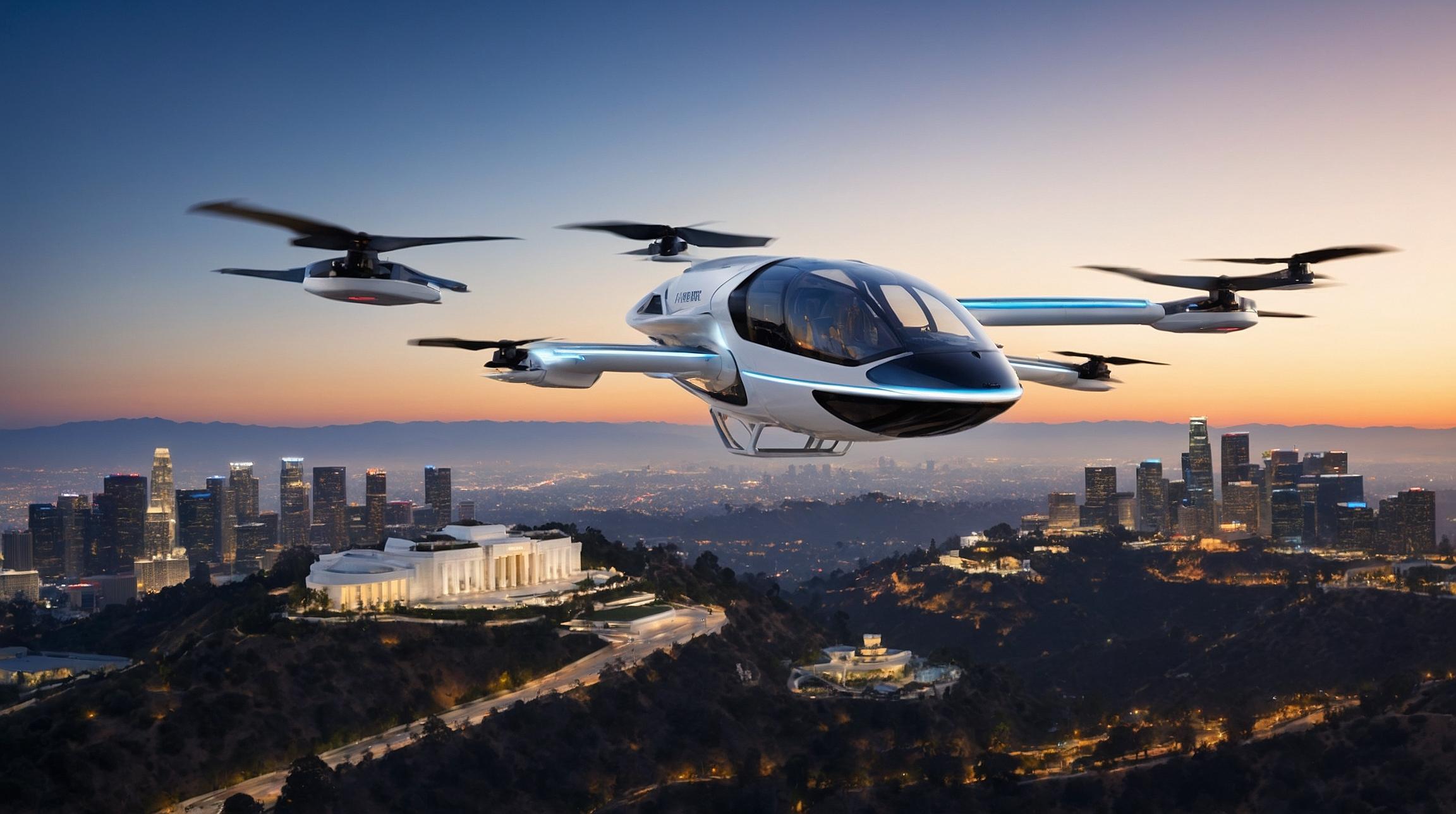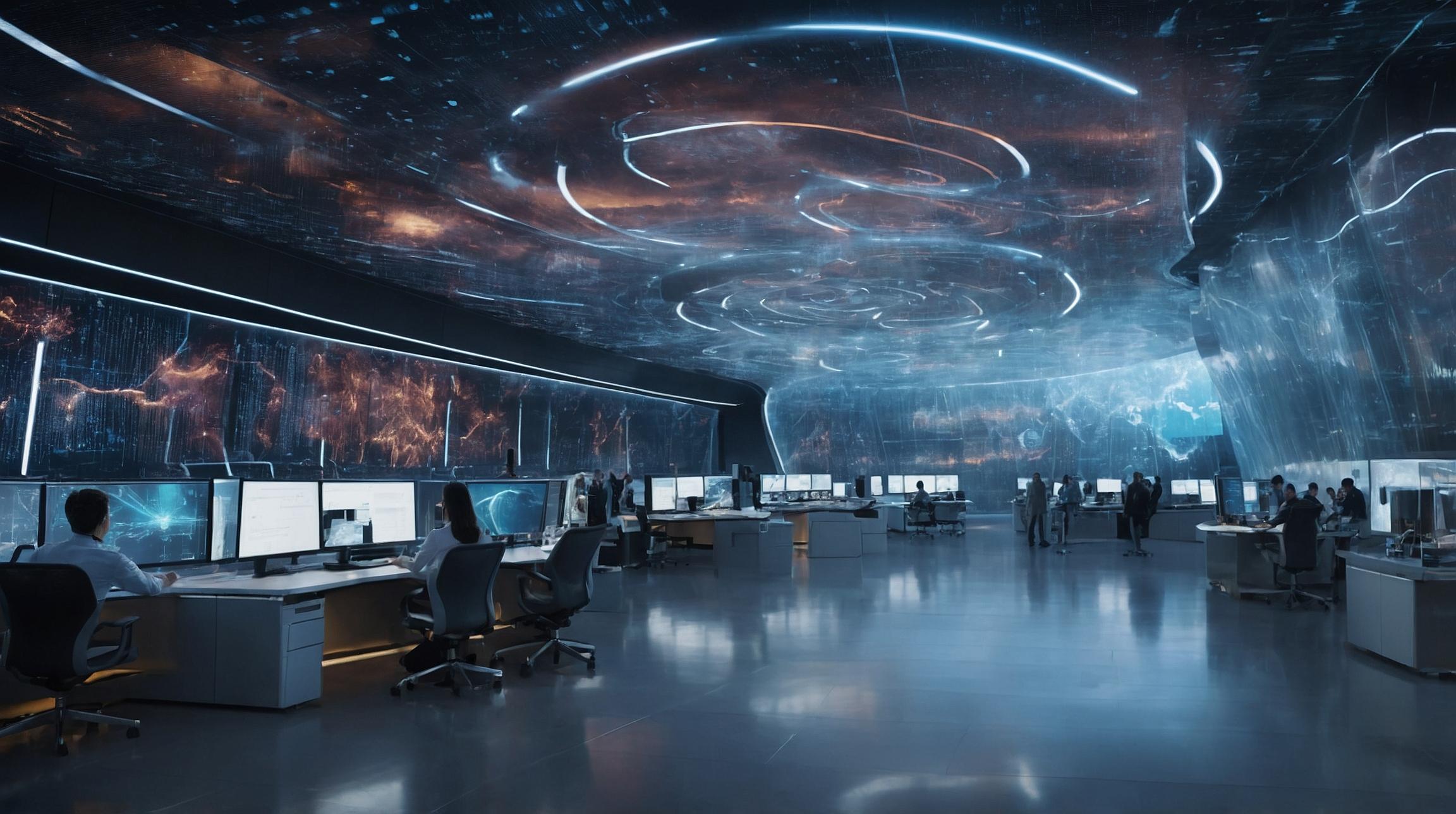SpaceX to Deorbit Over 100 Starlink Satellites Following Technical Flaws
In a move that has caught the attention of the space industry, Elon Musk's aerospace giant, SpaceX, has announced its plans to deorbit more than 100 of its early model Starlink satellites due to an unidentified technical defect. This decision highlights the intricate challenges and risks inherent in operating vast networks of satellites in low Earth orbit (LEO).
While the specifics of the defect remain undisclosed, this action underscores SpaceX's dedication to space safety and sustainability. With thousands of operational satellites in its fleet and plans to deploy tens of thousands more, the company reassures that Starlink services will remain uninterrupted. This proactive step towards satellite disposal showcases SpaceX's commitment to maintaining the integrity of space operations, amidst growing concerns over space debris and satellite management.
The Complexity of Managing Large Satellite Constellations
SpaceX's decision to deorbit a significant number of satellites within a brief timeframe is unprecedented. The identified issue pertains to the first version of Starlink satellites, posing potential future failures. Despite the lack of specific details from SpaceX, the company ensures that the deorbiting process will be safely managed, avoiding any risk of collision with other satellites in orbit.
The initiative to replace the affected satellites appears manageable for SpaceX, credited to its capability of launching over 200 Starlink satellites monthly. Operating between altitudes of 211 to 382 miles, Starlink's mission is to furnish internet services globally through ground receivers. Although satellites naturally deorbit over years due to atmospheric drag, SpaceX's equipped onboard propulsion systems facilitate a quicker and safer controlled descent.
Emphasis on Space Safety and Sustainability
SpaceX's approach to satellite disposal, although not mandated by existing regulations, emphasizes the imperative of responsible satellite management. The company's actions encourage industry-wide adherence to practices that prioritize the safety and sustainability of space operations.
This incident brings to light the broader challenge of regulating satellite operations to ensure the safety and sustainability of space. Regulations, like the Federal Communications Commission's (FCC) five-year deorbiting rule, aim to address concerns over space debris. However, the effectiveness of such regulations is contingent upon international cooperation, advanced tracking technology, and standardization of practices.
By prioritizing space traffic management and responsible satellite operations, stakeholders can work together to mitigate risks and secure the long-term utility of low Earth orbit for future endeavors.
SpaceX's latest move serves as a case study for the satellite industry, underscoring the complexities and critical nature of maintaining a balance between innovation and safety in the ever-expanding frontier of space exploration.
Analyst comment
Positive news: SpaceX’s decision to deorbit over 100 Starlink satellites due to technical flaws highlights its dedication to space safety and sustainability. This proactive step showcases their commitment to maintaining the integrity of space operations, addressing concerns over space debris and satellite management.
Market prediction: The market for satellite services is expected to remain strong as SpaceX reassures uninterrupted Starlink services. The incident emphasizes the importance of responsible satellite management, leading to potential advancements in industry-wide practices for space safety and sustainability.













